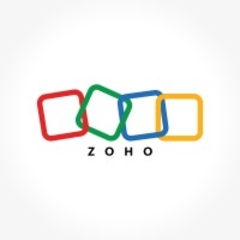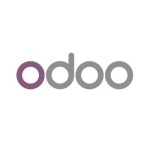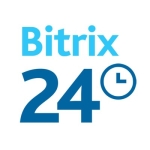I use it for communication, marketing, lead campaigns, sales strategies, telephonic systems, and everything. I can even use Zoho CRM for quotations, and invoices.
The camera feature is valuable because it provides a look and feel. It has a high-user interface where you can build your own drag-and-drop concept. It used to have a prebuilt list format, but it was not a good arrangement. For the last year that the camera feature has been available, you can drag and drop which feed you want to put for the look and feel you want. The feature is available on Creator as well.
The interface is very clear in Zoho CRM.
In Creator, you can do calculations and change another field immediately after you enter any value. If you add the quantity or price in any field, you can immediately change the total in Creator. The same functionality is not directly available in CRM because it is prebuilt. You can get the function using the JavaScript option, but you will have to spend some extra time and effort. Instead, installing that feature in Zoho CRM will be better.
I have used Zoho CRM for three years.
Product support for Zoho CRM is available 24 hours a day. You can email, live chat, call directly or raise a ticket. A person will be immediately available. They provide code or remotely control your system and fix your problem immediately.
When contacting support, sometimes you need to explain why you have these use cases and why you're making a certain integration, and you won't like that question when you have experience with the solution. You would have your intentions and would want to explain your issue to them without being asked, "Why? How?" and "Where?"
However, when it is a regular user, these questions are fine, and you could then rate support a ten out of ten.
The basic plan has changed from $15 to $25 or $30.
If something is not possible in Zoho CRM, you should go for Zoho Creator. Each Zoho product has its own business type. For example, Zoho Books is used for trading businesses. You should know how the product is used. After that, you can integrate the solutions with each other.
With customer support, Zoho CRM controls your system remotely to fix your problem, while other CRM companies might not start a remote session immediately.
If you think Zoho CRM has many features that are not useful for you, why pay extra for the model you're using? That is a customer's point of view. They have an alternative option called Zoho Bigin, a similar small CRM with hardly four to five models and barely $5 to $6 for the basic plan. And if you want any custom models, that is also allowed. You can also build ten extra models at a lower price, and the features will stay the same. Many options are available, but how your business picks from them is the only concern. The plan is based on your requirement.
Zoho also has its native application, and you can use that same login credentials for any device, whether on Android, Apple, or desktop and mobile apps.
I rate Zoho CRM a ten out of ten.






















